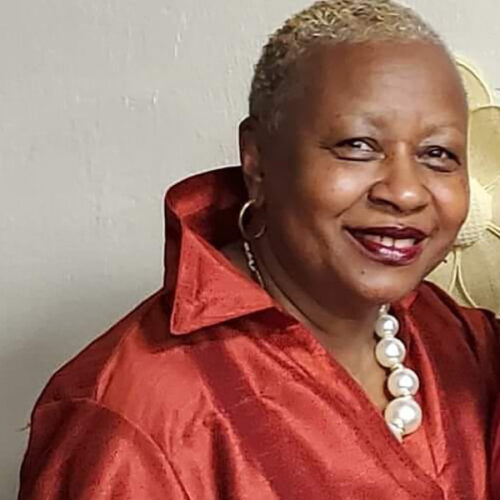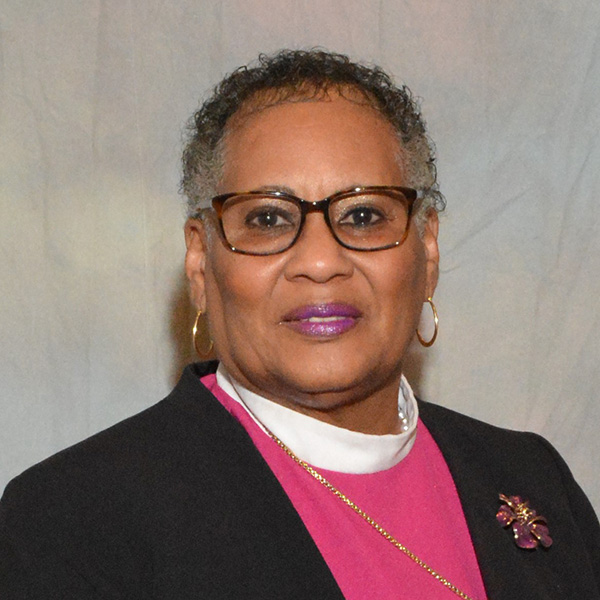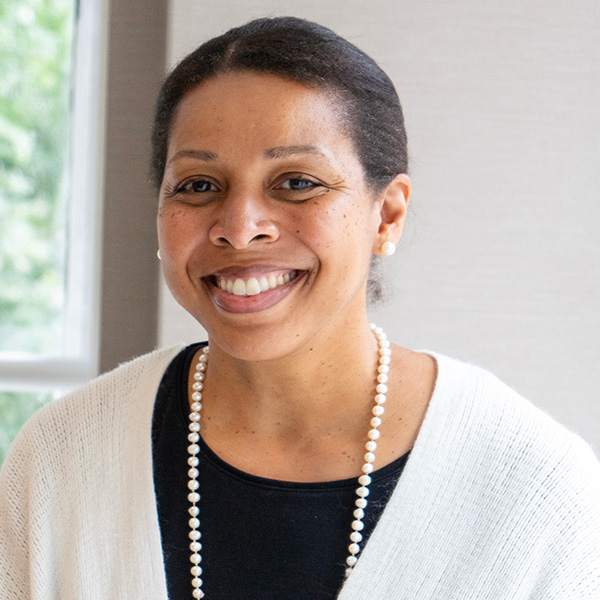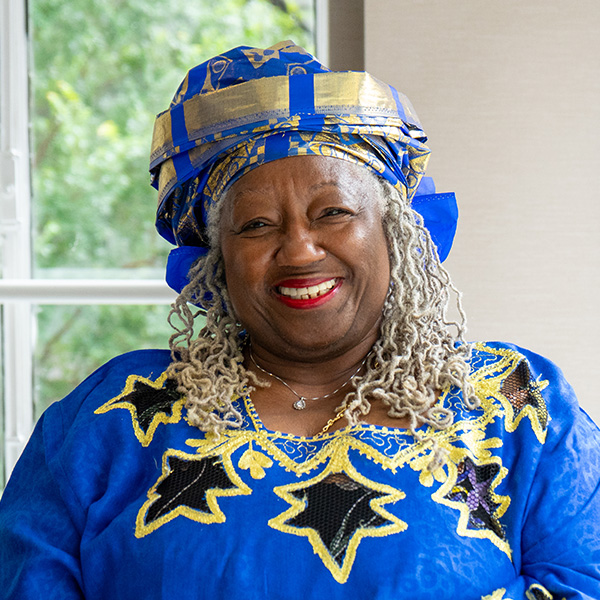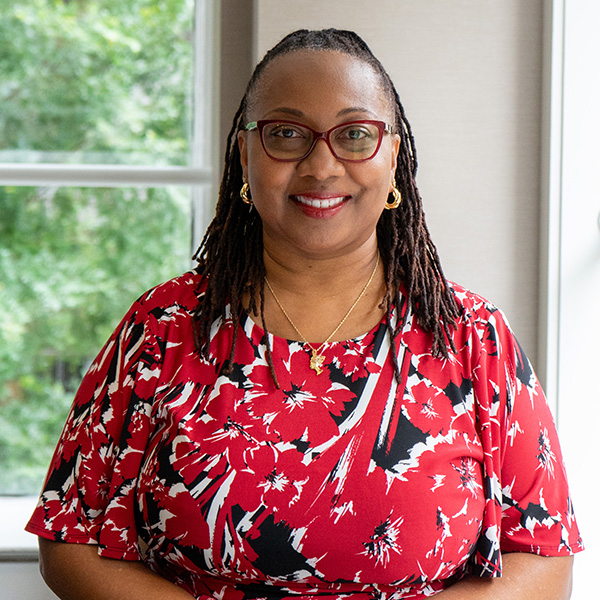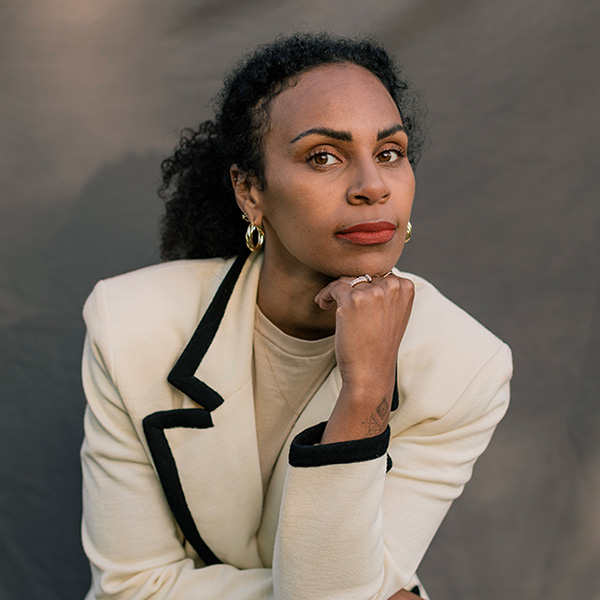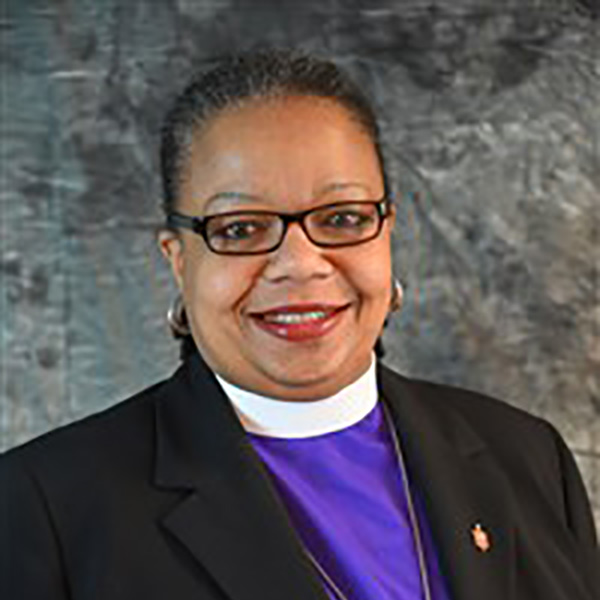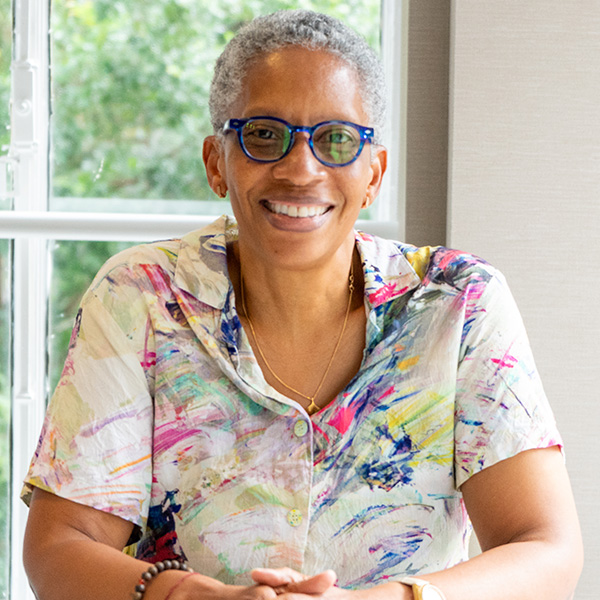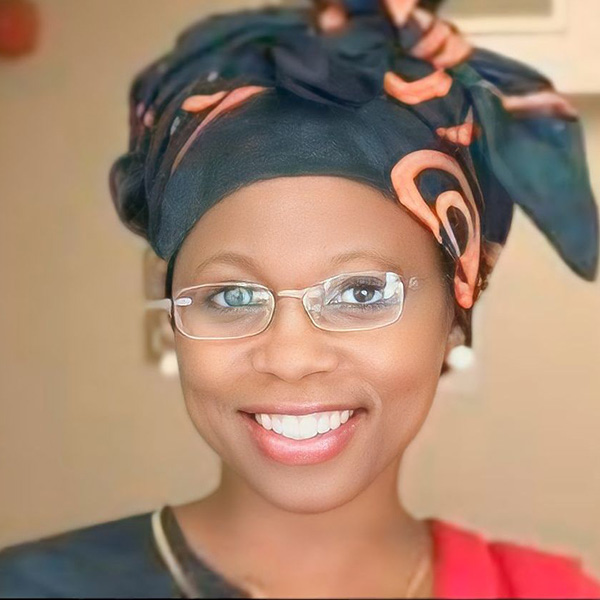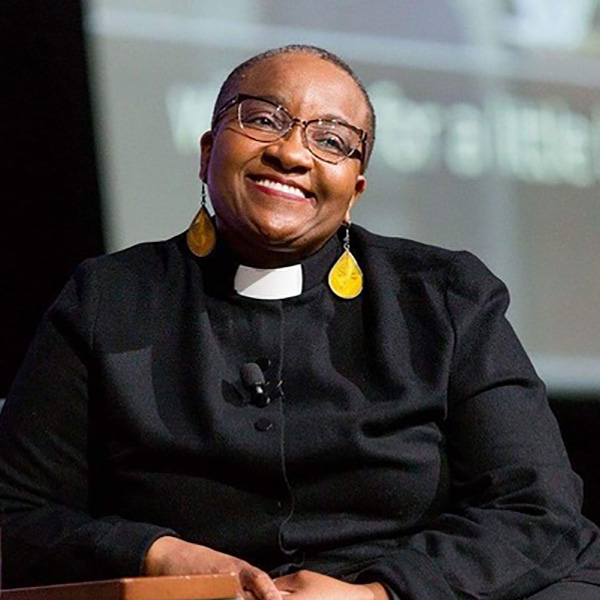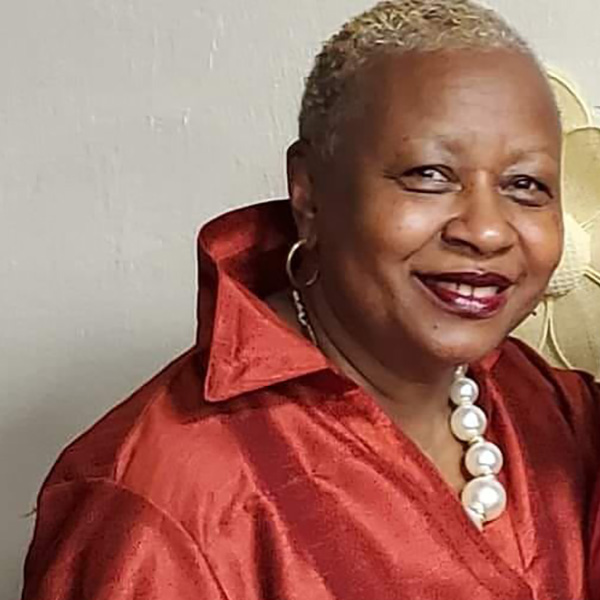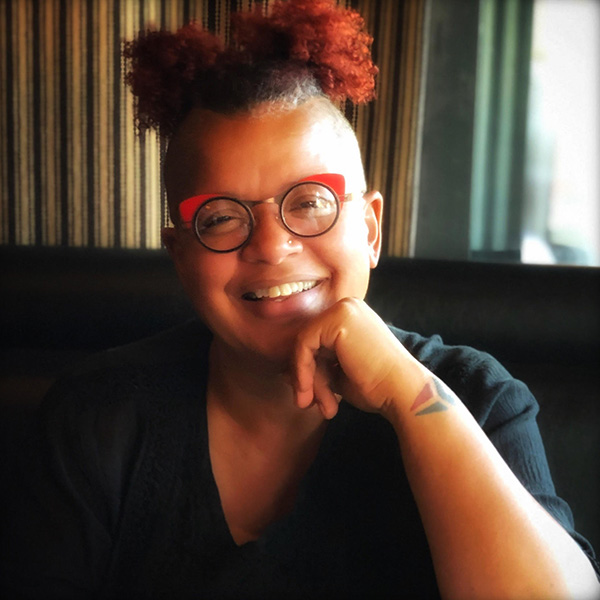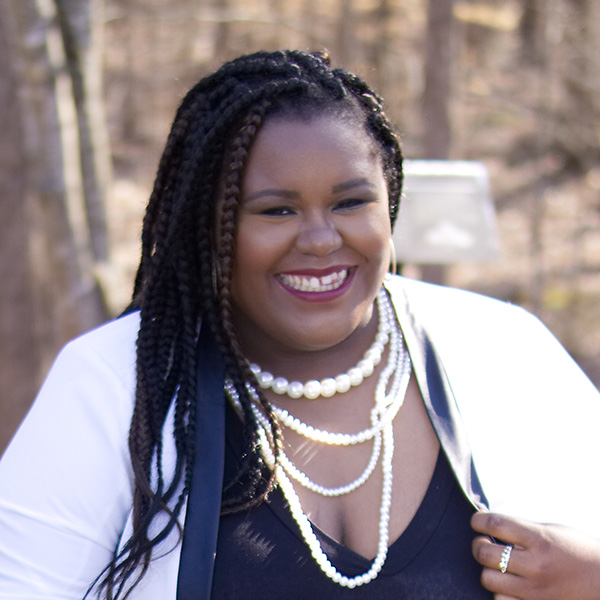Biography
Early Life
No information was available about her early life.
Religious Faith & Activism
Rev. Dr. Beverly Wallace integrates theological teachings with social justice. Her focuses on a Womanist lens. She is an ordained Lutheran clergywoman and a scholar. Wallace has spent over 25 years serving the church and the academy. She bridges the gap between faith and the lived experiences of marginalized communities. Her journey into ministry was not linear. It was driven by a desire to address the gaps she observed in the Lutheran church. She focuses on psychology, relationships, and Black ministry. She earned her Master of Divinity from Lutheran Theological Southern Seminary. She earned a doctorate in Family Social Science. Her focus was on marriage and family therapy.
Dr. Wallace created the Womanist Initiative within the ELCA. It stands for the Evangelical Lutheran Church in America. She brings the voices and experiences of African American women into theological discourse. She provides learning opportunities for seminarians, laypersons, and clergy. She is dedicated to Womanist theology. This reflects her broader mission to challenge and expand the traditional boundaries of the church. She ensures that it affirms and celebrates the full humanity of all people—especially women of color. Wallace’s work also extends beyond the U.S. Her recent project is “Ela Viveu.” In it, she collaborates with women scholars in Portugal and Brazil. This expands her Womanist vision globally.
Dr. Wallace has held various influential roles. She served as the Assistant to the Bishop for the Southeastern Synod. She was a professor at Historically Black Theological Institutions and at Luther Seminary. She is actively involved in several theological organizations and committees. There she lifts up the importance of Black religious experiences. She works for them to be recognized and included within mostly white institutions. Wallace’s work is not only academic but deeply practical. She engages in healing work with individuals and communities. Her training in marriage and family therapy has been an asset to her ministry. She addresses grief, loss, and relationship dynamics in the context of faith. She was Coordinator of Pastoral Care during the Katrina Recovery Effort. This effort occurred in Mississippi. She supported pastors, congregations, and relief volunteers in the aftermath of the disaster. Dr. Wallace was also part of the Ambiguous Loss Project after 9/11. She offered care in New York. She is currently researching the impact of Hurricane Matthew. Her focus on its impact on African Americans in rural North Carolina.
Chaplaincy & Pastoral Care
Dr. Wallace’s extensive experience in chaplaincy includes serving in hospitals in Atlanta. She was a University Chaplain at Hamline University in Minnesota. Additionally, she has worked with women and children facing homelessness. She also established a Mental Health Clinic at a shelter in Atlanta. Recently, she opened her own private practice in Raleigh, NC.
Dr. Beverly Wallace is the Assistant Professor of Pastoral Care and Counseling at Shaw University Divinity School. She is an ordained Lutheran Pastor. Earlier she was Assistant to the Bishop for the Southeastern Synod of ELCA. It stands for the Evangelical Lutheran Church in America. There she oversaw the candidacy process for future leaders in the ELCA.
In her academic work and teaching, Dr. Wallace integrates a womanist perspective. She taught a course entitled, “Congregational Care from a Womanist Perspective.” It focuses on experiences and challenges faced by women of color. It emphasized the roles of Black women. In the course, she described stewardship as an act of community care. She reframed traditional theological concepts through the lens of Black women’s lived experiences. She explored how stewardship, can be seen as “Vita Nova.” It is a way of life that centers care for the community rather than servanthood.
This reframing is influenced by womanist theologians like Dr. Jacquelyn Grant and Dr. Clarice Martin. They critiqued traditional interpretations of servanthood and the household codes in biblical texts. They argue that these concepts have historically reinforced the subordination of women in the church. Instead, Dr. Wallace and others advocate for stewardship to focus on discipleship and community care. They offer a more empowering approach for Black women. They reframe stewardship as a life of service beyond subordination.
Dr. Wallace’s faith-driven activism is a testament to her commitment to reshaping religious spaces. She wants them to be more inclusive, empathetic, and reflective of the diverse experiences of God’s people. She is a teacher, writer, and advocate. She continues to inspire a new generation of faith leaders and theologians. She inspires commitmebts to justice, healing, and transformation within the church and beyond.
